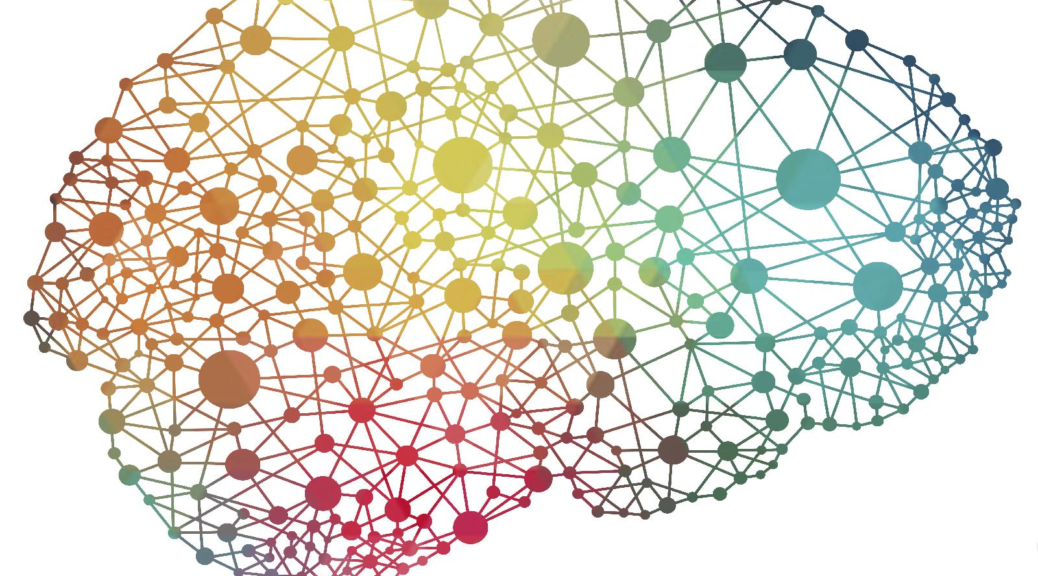Neurodiversity and Genetics Research
I’ve previously posted a description of how I see the neurodiversity paradigm, as well as a post contrasting the neurodiversity paradigm and the social model of disability. (We often conflate the neurodiversity paradigm and the social model, but they’re really not the same thing.) Basically, I see the neurodiversity paradigm as a way of shifting our focus. Instead of looking solely at the neurodivergent person, we can use the neurodiversity paradigm to look at both the individual and society. We…
